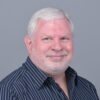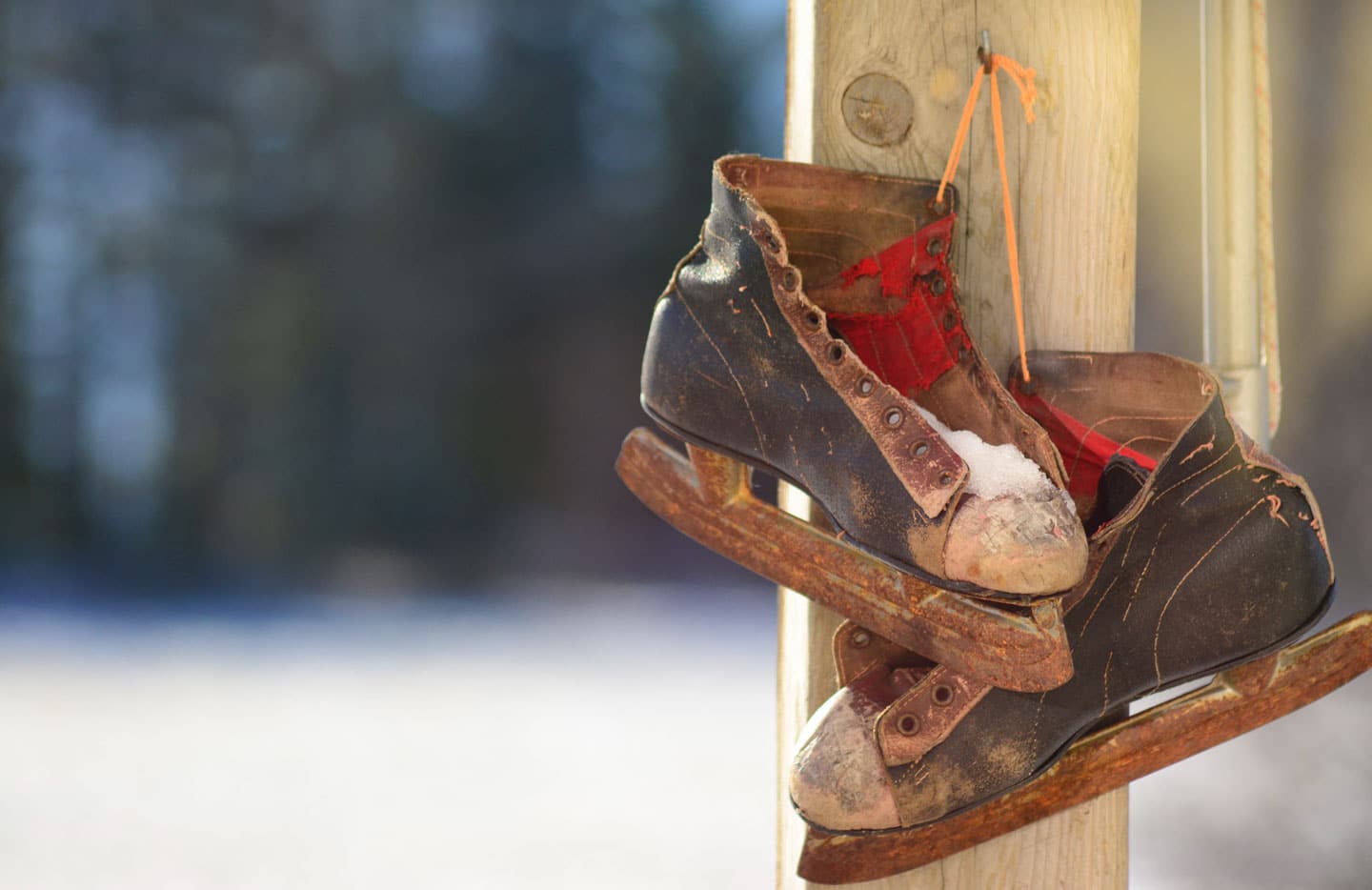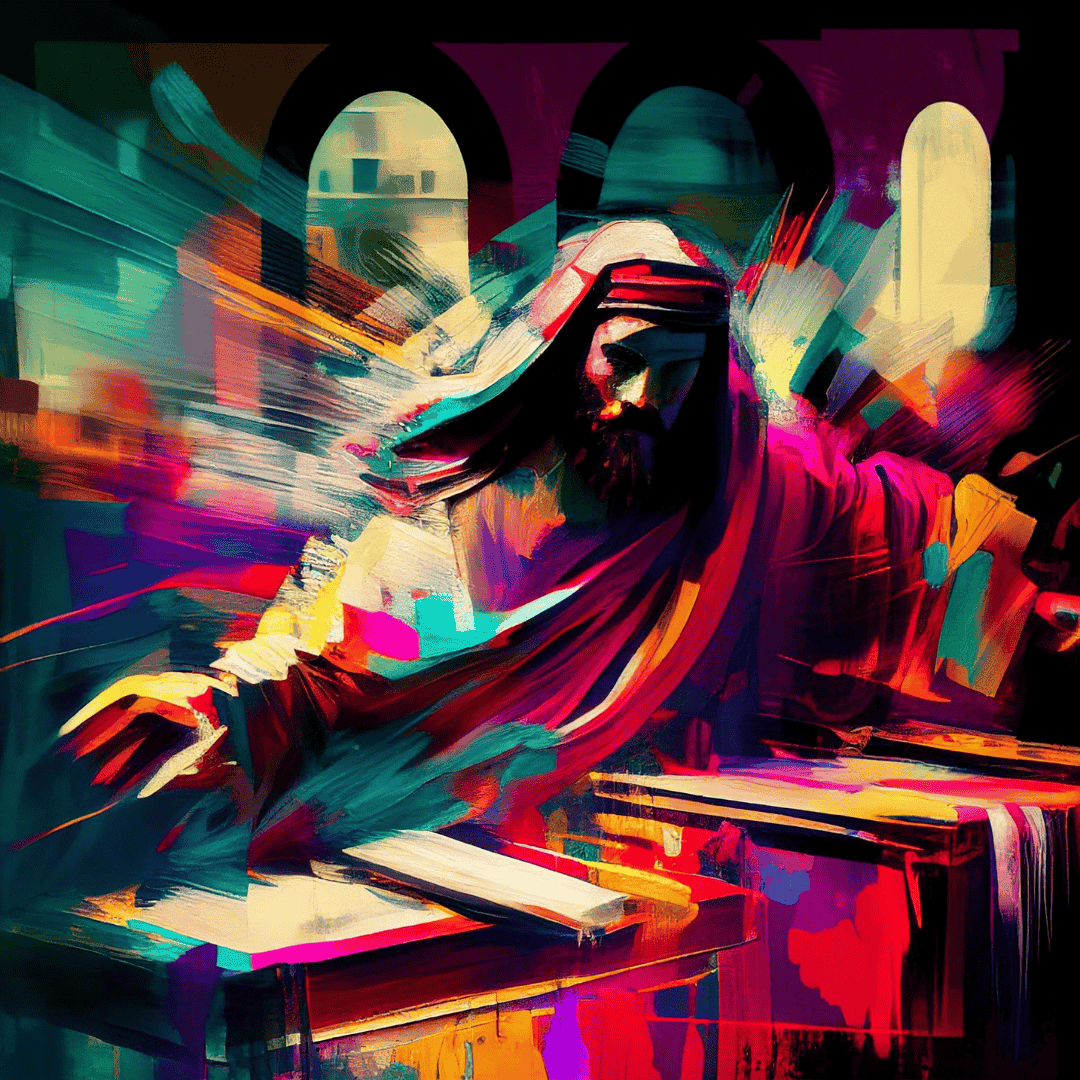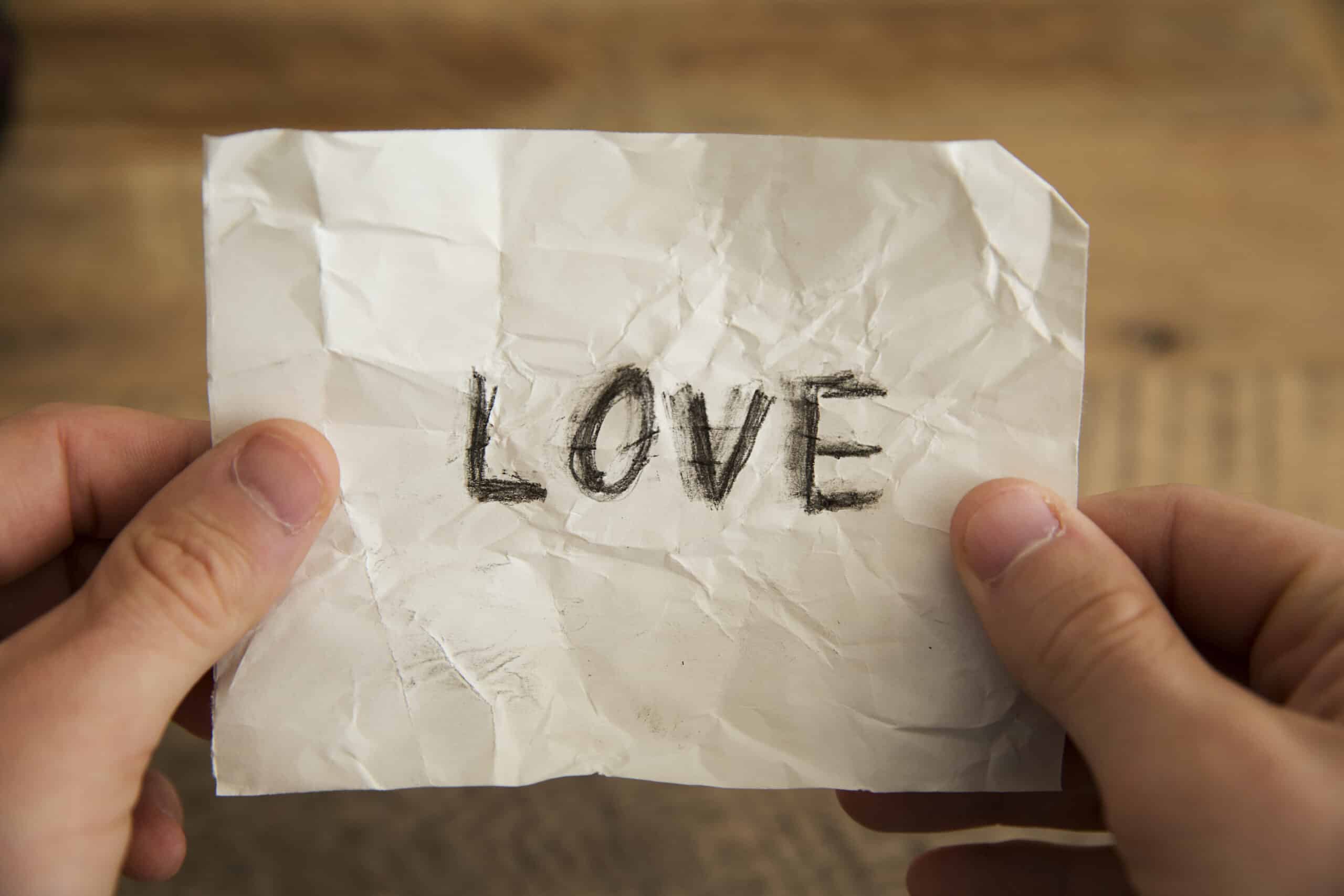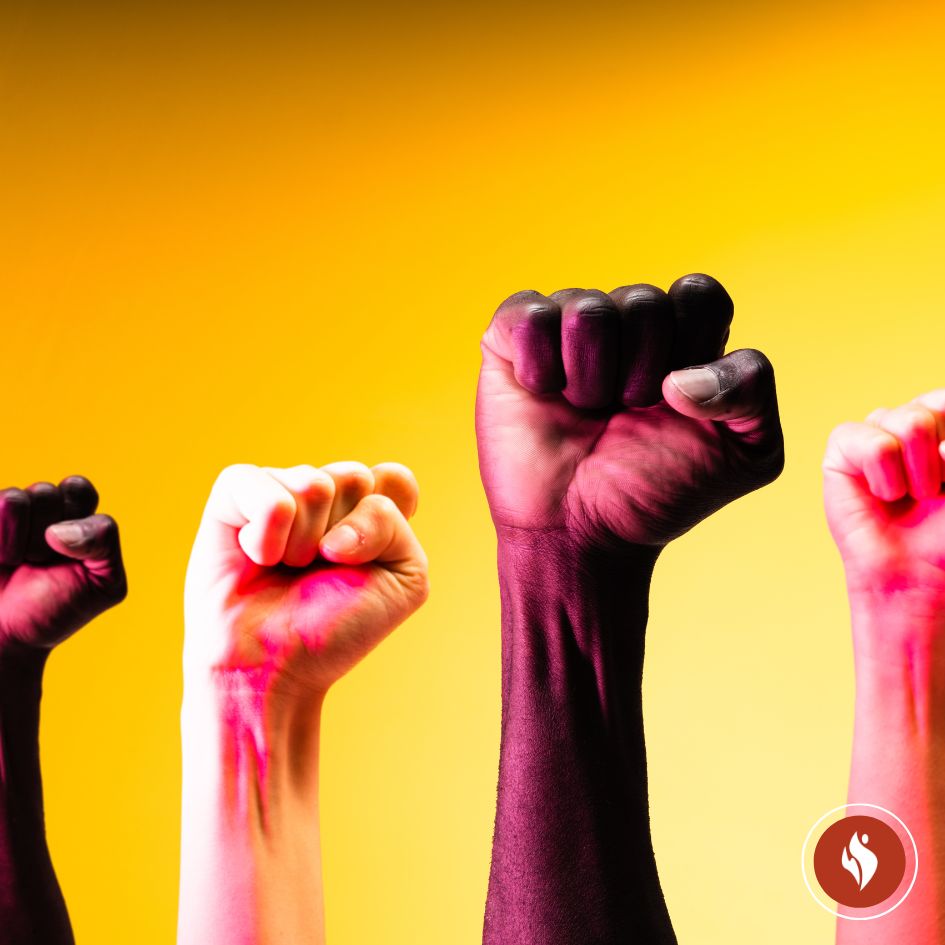
By Dr. Wayne Brouwer
July 19, 2024The kings of the earth take their stand and the rulers gather
together against the LORD and against his Anointed One.
—Psalm 2:2
“Politics are almost as exciting as war, and quite as dangerous!” said Winston Churchill. “In war you can only be killed once, but in politics many times.”
Politics and Power
Politics is about power. Dale Carnegie knew that, and created his popular seminars on “How to Win Friends and Influence People.” In his famous treatise on politics, The Prince, Machiavelli said, “All the armed prophets conquered, all the unarmed ones perished!” In the end, it seems, what matters is your ability to create your dream, not the rightness of the dream itself. Napoleon even confided in his journals that “justice means force as well as virtue.” Your ideal can be noble, but you must be able to force it upon others you consider less noble than yourself.
Politics and Passion
In one of his essays, Albert Camus describes a powerful scene. John Huss, the great Czech Reformer of the church, is on trial. His accusers twist all his ideas out of shape. They refuse to give him a hearing. They maneuver the political machine against him and incite popular passion to a lynchmob frenzy. Finally Huss is condemned to be burned at the stake. As the flames surround him, people who couldn’t possibly have read his writings and who have no interest in either his perspectives or those of the governing authorities, line up to assist in the murder. “When they were burning John Huss,” writes Camus, “a gentle little old lady came carrying her faggot to add it to the pile.”
The tragedy of politics often lies in passions, not platforms. “Private passions grow tired and wear themselves out; political passions, never!” says Lamartine. That’s why there’s an unwritten rule in many communities that when all the in-laws and out-laws get together for the annual “family rebellion” you can’t talk about politics or religion. Both grab a person so deeply!
Politics and Religion
But maybe, when it comes right down to it, politics and religion are much the same thing. The kingdom of God is very political. It’s a perspective on all of life. It’s a way of holding things together and giving them meaning. It’s a movement that’s out to change the world, to reclaim lost territory in the civil war of the universe.
That’s why Jesus’ followers got into trouble with the political leaders of their day. Two visions of reality collided. Two perspectives on life challenged each other. Six times over in the book of Acts, the Christian community is called “The Way.” Not “The Society,” nor “The Institution,” but “The Way”!
The church of Jesus Christ is a political movement. It’s on the way to somewhere. Every worship service is a political rally; a time when we refocus our energies, study our political platform and policies, and pay homage to the Party Leader.
In Acts 4 the church leaders are arrested by the political leaders of their day. Peter and John have just healed a man with bad legs and have counseled a large crowd of troubled people. And then the high council challenges them: “What right do you have to practice medicine without a license?”
Peter and John have the answer. “We’re under marching orders!” they say. “We must obey God rather than men!”
When they’re released, Peter and John hold a prayer service that’s really a political rally. They raise the song of Psalm 2 to heaven. And the King of heaven and earth shakes the world as a promise of things to come (Heb. 12:25-29).
“Onward Christian Soldiers” may sound too combative in an age of growing world accommodation and pluralism. But the community of God’s people that speaks “Peace!” while the final armistice has not yet been signed before the judgment seat of heaven has capitulated to the Enemy.
Excerpt from
Hear Me, O God: Meditations on the Psalms
